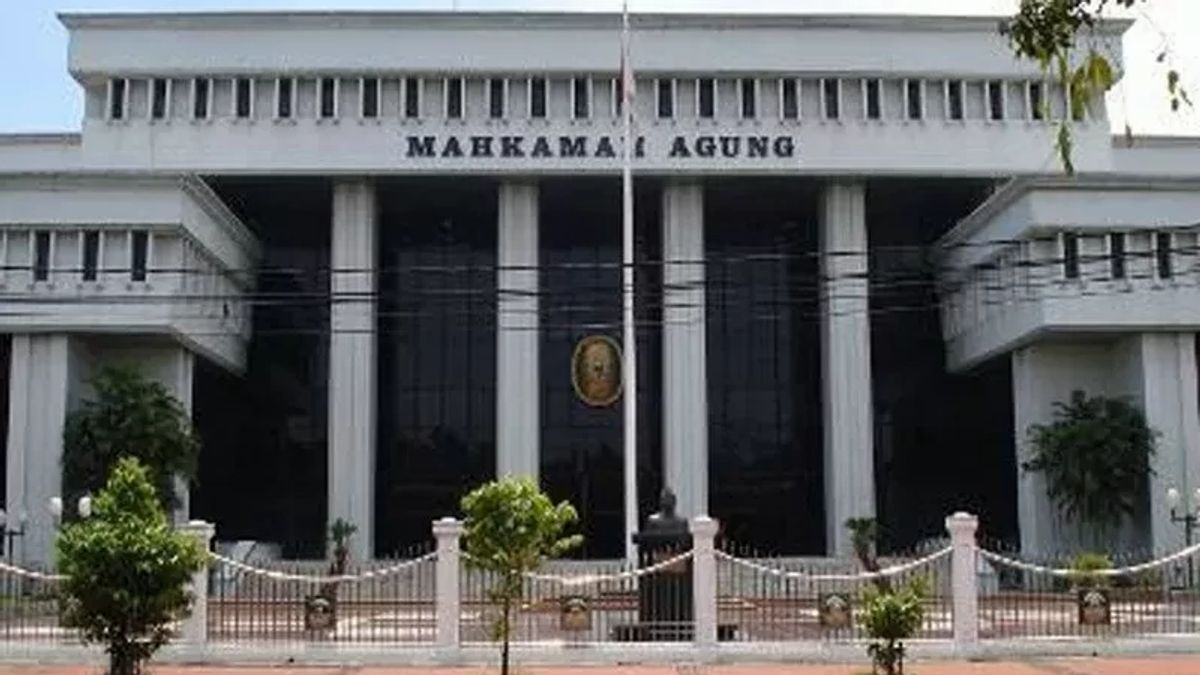JAKARTA - The e-Court system, which should make it easier for the implementation of judicial administration, is considered to still have many loopholes. This can cause harm to justice seekers.
"Especially for justice seekers who have a need to file an appeal against the court's first-degree decision via e-Court," said legal practitioner Clara Viriya in her statement, Monday, May 22.
One example that Clara mentioned was that there were parties whose appeals were not accepted by being cut off by formal defects or niet ontvankelijke verklaard (N.O). This decision was handed down because the registration was considered to have exceeded the deadline for filing an appeal.
Later, continued Clara, this decision is considered to exceed the limit because according to the Decree of the Chief Justice of the Supreme Court of the Republic of Indonesia Number: 363/KMA/SK/XII/2022 there is the phrase 'Electronic case registrations made outside of hours determined at number 13 will be processed on the following working day'.
It didn't stop there, this legal practitioner also touched on the immature function of e-Court automation and human supporting sources that were not ready. Both are considered to be an obstacle to the implementation of the digitalization system.
"The collaboration of regulations, systems, and human resources that are not good enough in meeting the needs of justice seekers is something that needs to be addressed," he said.
"In the context of electronic systems, the automation function based on the source code of the e-Court system also needs to be ensured to have the ability to carry out a precise case inventory in accordance with its nature and context based on laws and regulations," continued Clara.
اقرأ أيضا:
Training for human resources running this system is considered Clara must be carried out immediately. "They should be able to provide real-time input and revisions of the possible imperfections of the existing system, so that both of them collaborate in a harmonious manner in carrying out the function of e-Court," he said.
Then, Clara also said that the Supreme Court must be able to admit that they are not yet optimal in implementing the e-Court system. Thus, improvements and improvements can be made.
"This is urgent to be renewed and perfected, considering that the right to file legal remedies and obtain objective justice according to Article 17 of the Law of the Republic of Indonesia Number 39 of 1999 concerning Human Rights (UU HAM) is Human Rights," concluded Clara.
The English, Chinese, Japanese, Arabic, and French versions are automatically generated by the AI. So there may still be inaccuracies in translating, please always see Indonesian as our main language. (system supported by DigitalSiber.id)


















